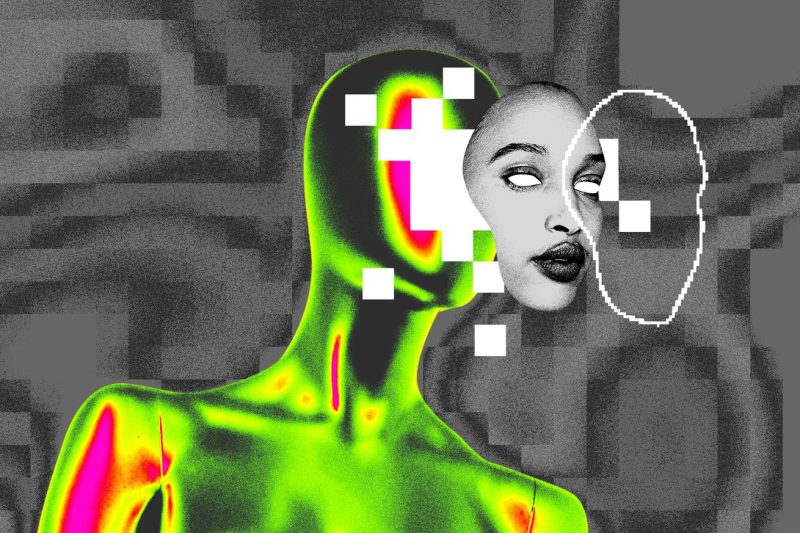Artificial intelligence (AI) continues to revolutionize various aspects of our lives, but there are instances when its applications raise ethical concerns and legal implications. In recent news, AI-powered undressing websites have come under fire, leading to lawsuits and debates around privacy and consent.
These websites utilize AI algorithms to generate realistic nude images of individuals by ‘undressing’ them in virtual simulations. Although the technology behind such websites is innovative, it raises serious concerns regarding consent and the protection of personal privacy. Users upload clothed images of individuals without their knowledge or permission, and within seconds, the AI software generates a naked version of the individual.
The ethical dilemma here is apparent – the individuals depicted in the generated nude images have not consented to being undressed virtually. This violates their right to privacy and autonomy over their bodies. Moreover, these websites create a platform for exploitation and objectification, as the generated nude images can be shared or sold without the individual’s consent, leading to potential harm and reputational damage.
The legal ramifications of AI-powered undressing websites have sparked lawsuits aimed at holding operators accountable for violating privacy laws and infringing on the rights of individuals. In some jurisdictions, the unauthorized use of someone’s likeness or personal images for commercial purposes can result in significant legal consequences, including fines and injunctions to cease the operation of such websites.
Furthermore, the psychological impact on individuals who discover that their images have been manipulated and circulated without their consent cannot be overstated. It can lead to feelings of violation, humiliation, and distress, impacting their mental well-being and sense of safety in the digital age.
As society grapples with the ethical and legal implications of AI-powered undressing websites, it is crucial to establish robust regulations that safeguard individual privacy rights and prevent the proliferation of such harmful applications. Users must be made aware of the risks associated with uploading personal images online and empowered to protect their digital identities.
In conclusion, while AI technology offers immense potential for innovation and progress, its misuse in the form of AI-powered undressing websites underscores the importance of upholding ethical standards and respecting individual privacy rights. As we navigate the complexities of the digital landscape, it is imperative to prioritize consent, transparency, and accountability to ensure that AI serves the collective good without compromising fundamental human rights.

